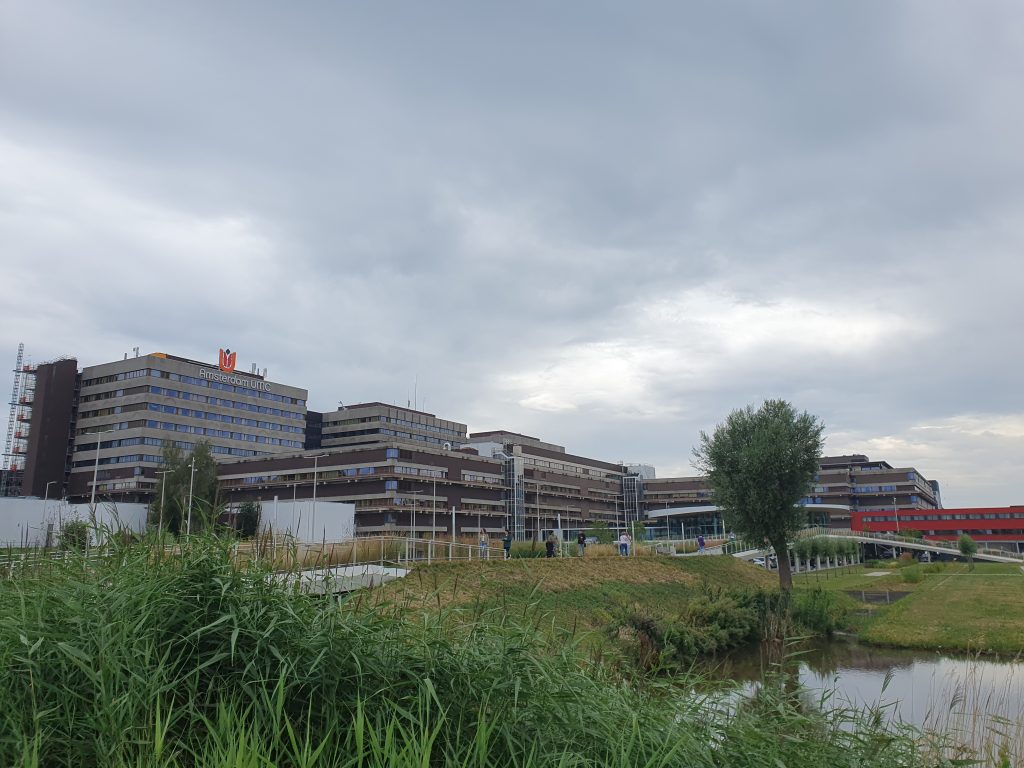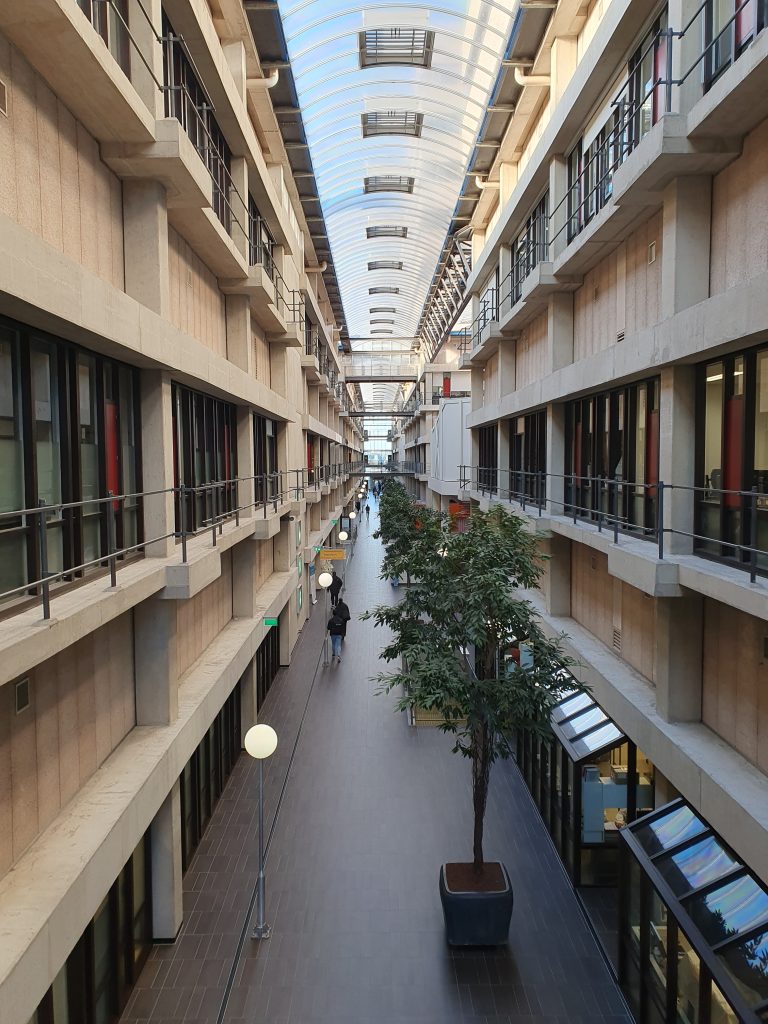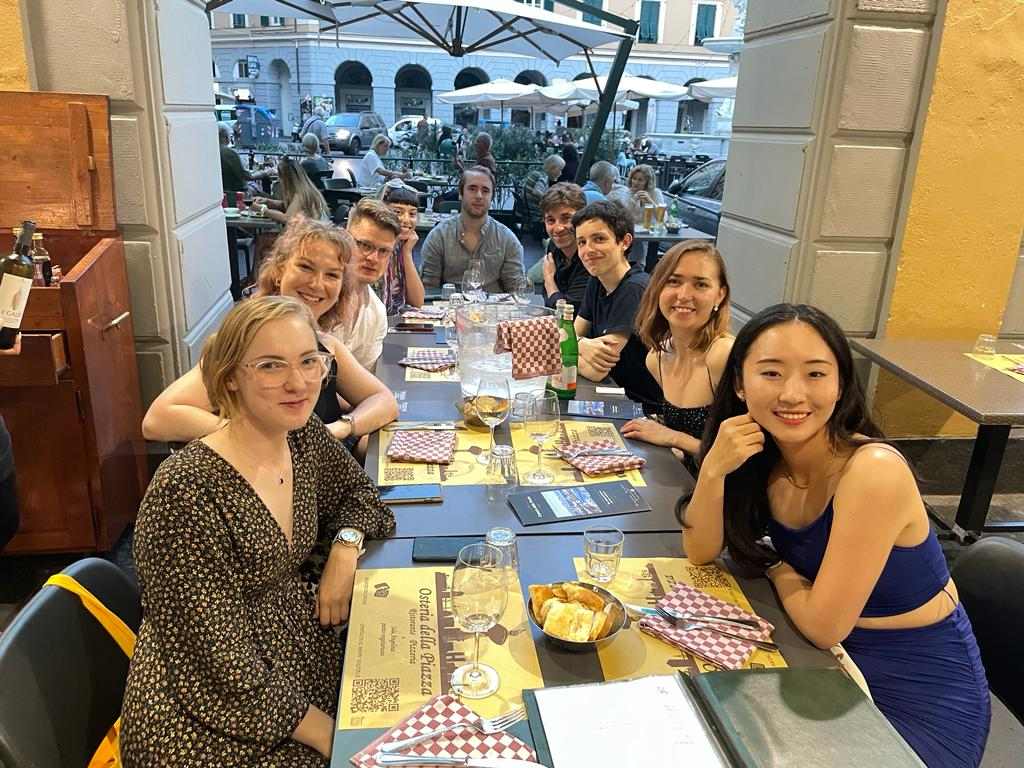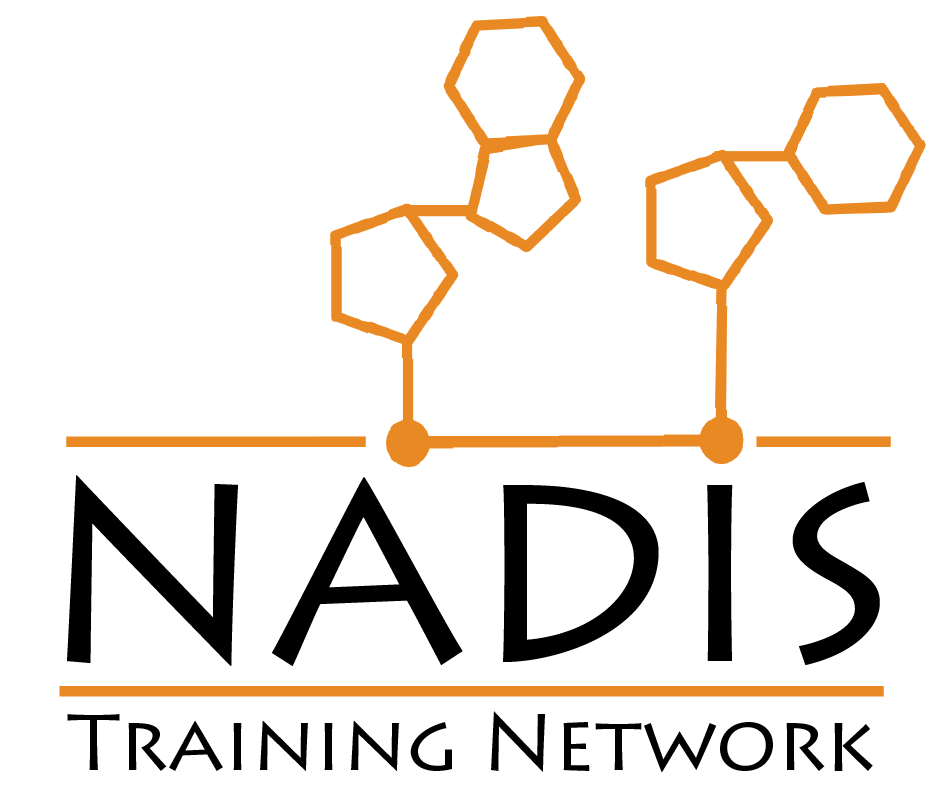The life of a PhD candidate can be challenging, especially as an international fellow. You arrive in a completely new place with hope for the best and readiness to face the worst, uncertain about the future. Adjusting to a new reality and interacting with people from diverse backgrounds, speaking different languages, presents its own set of challenges. Eventually, you settle down, feeling disconnected from your previous home but not fully connected to the current one.

This experience is inherently filled with bumps and cannot be made entirely smooth. However, what always makes a difference is a sense of community. Entering a new lab, you realize that people are willing to help, even amidst their busy schedules. You and your supervisors connect, and you see yourself striving to become similar to them in a couple more years. You sit in an office that is sometimes too crowded and sometimes just too empty. But, ultimately, you have coworkers around you, and in many cases, it’s the majority of the human interactions you experience during any given day.

While there are numerous PhD programs, I consider myself fortunate to be part of this specific one, the NAD International Scientist (NADIS) training program. Being within an international training consortium provides the opportunity to acquire new skills, delve more into a different fields, and evolve into something scientifically more than before. But it gives you something more. It offers the extra benefit of having an extra community – a group of individuals you get to know in just three days spent together. These are enthusiasts and achievers, people you can share your both personal and research challenges with. And being a foreign researcher, you cannot have too many communities to fall onto when you need support. So, brace yourself and keep your supervisors close, but the people in your consortium even closer!

Author: Maria M. Tretowicz

Leave a Reply